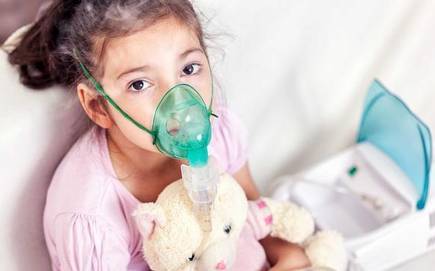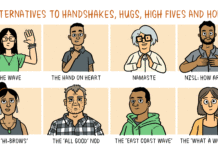AIR POLLUTION IS HARMING OUR KIDS BRAIN
Air Pollution has been one of the biggest problems that the humans have been facing over the years.
According to a new research, Air pollution is the world’s top killer.
The biggest problem with air pollution is it’s reach. Air is all around us. We need air every moment. If a body of water is polluted, we can either opt to stay away from that water source or choose to purify the water using all our advanced technologies. But we don’t have either of these luxurious options when it comes to air pollution. Our only choice is to breath it in again and again, regardless of whether it is polluted or not.
In terms of health risks, there is accumulating research that air pollution causes both long-term and short-term risks, and children are considered more at long-term risk because their lungs are still developing.
In the 2000s scientist found a first proof that polluted air may damage mental performance.
The World Health Organisation (WHO) says almost 700,000 children under 5 years of age die each year as a result of air pollution. Millions more are being condemned to a life of ill health because of the damage it does to their developing brains and bodies.
In the developed world, more than half of children under 5 are exposed to levels of air pollution .But in the developing world that figure rises to a shocking 98%.
Recent studies show a direct connection between poor air quality and asthma and obesity and other mental illness in children.
WHY CHILDREN ARE MORE AT RISK
Children are particularly vulnerable because their lungs are growing and they are more active outdoors than adults.
The majority – 80% – of lung development takes place after birth and continues throughout childhood.
Lacking the natural immunity developed by adults over time, children are also more vulnerable to respiratory infection, which in turn increases their susceptibility to air pollution.
With each breath, they take in more air per unit of body weight than adults.
Playing leads to children breathing in more polluted air as they are closer to the ground.
Tiny pollution particles in the air that are thinner than a single human hair can travel from the lungs to the brain, harming membranes which protect from toxic substances.
The dose of toxic chemicals required to harm a developing brain is much lower than that which would damage an adult.
High levels of magnetite particles, a pollutant associated with neurodegenerative diseases, have been found in the brains of people living in urban areas.
CAUSES OF AIR POLLUTION
Urbanisation is a major cause.
The World Economic Forum forecasts that by 2050 more than two-thirds of the world’s population will live in cities.While cities are the engines of the global economy, they produce 75% of global CO2 emissions.
CO2 and it’s pollutants like particulates and nitrous oxide given off by burning fossil fuels are harming children.
Outside cities, open cooking fires are a major cause of ill health in children, even if the air outside the home is cleaner than in a city.
HEALTH PROBLEMS IN CHILDREN RELATED TO AIR POLLUTION
Common health problems caused due to air pollution and subsequent effects are:
@Asthama
@Hay fever
@Allergies
@Irritation in eyes, throat and nose
@Nausea and temporary loss of coordination
liver damage in the long run
@Industrial smoke with traces of lead can damage the central nervous system in children.
WHAT CAN BE DONE TO REDUCE THIS PROBLEM
Here are some effective ways to save your children from the possible damages of exposure to polluted air:
* Limit your child’s outdoor exercise time when pollution levels are high.
* Use energy-efficient lighting and appliances. Remember to turn off appliances and lights when you’re not using them.
* Fix leaky air-conditioner and refrigeration systems, and always follow eco-friendly ways to dispose of paint, solvents and pesticides.
* Stop exposure to second-hand smoke by asking people not to smoke in your house or yard.
* Schools often have many sources of air pollutants, such as idling buses, locker rooms, and heating and ventilation systems.
* It’s a good idea to get involved on a grassroots level to battle air pollution with your community.
*Urgent action is needed to cut emissions of pollutants worldwide, especially in cities.
* Countries should have to bypass older polluting technologies and go straight to cleaner zero emission alternatives.
*Giving families access to clean cooking fuels would make a massive difference to children in rural areas.








